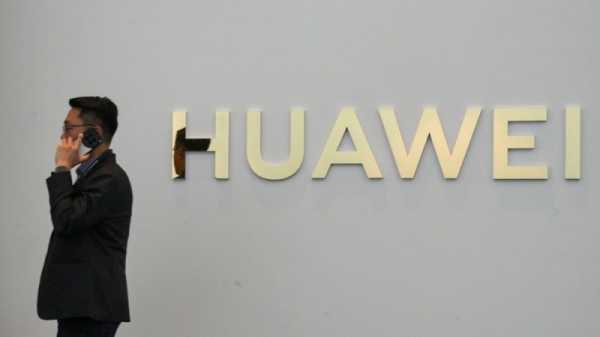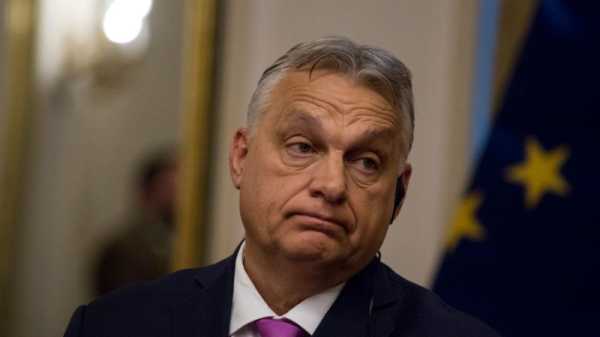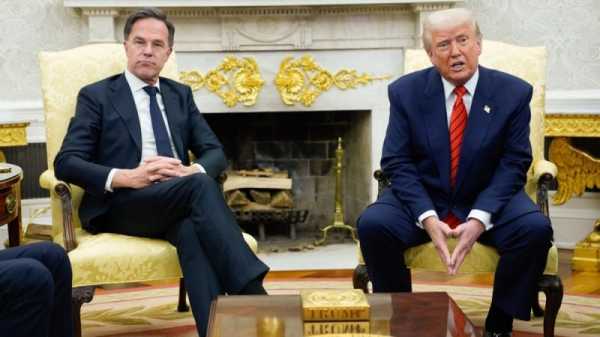
The 'Cinderella's Shoe' venue in Shougang, China, which will host snow sport events (Photo: Wikimedia)
The Olympic Games are a lasting, universally revered celebration of humankind’s sporting excellence. A festival of physical prowess and mental fortitude, in the spirit of fair play and equality.
But they are also symbolic of so much more. Since its rebirth in the modern age over a century ago, the founding values of the Olympic Movement have been to foster friendship, respect and understanding in the hopes of building a better, more peaceful world.
-

Protests in 2008 against China hosting the summer Olympics (Photo: Reporters Without Borders)
And yet, as the snow settles in Beijing ahead of the most controversial Olympics in decades, EU leaders and officials have stalled and skirted around the question of a diplomatic boycott for far too long, failing, once more, to reach a consensus.
Let me be clear. China’s notorious human rights abuses against the Uyghurs in Xinjiang and its brutal suppression of freedom and democracy in Hong Kong have invalidated its right, and indeed privilege, to host the prestigious winter games.
In Hong Kong, the Chinese Communist Party (CCP) and its cronies have systematically savaged the city’s democracy, autonomy, and political pluralism as enshrined in Hong Kong’s Basic Law and the internationally-recognised Sino-British Joint Declaration.
Through its imposition of the draconian National Security Law in 2020, Beijing has overseen the relentless campaign to wipe out political opposition through arbitrary arrests and the mass incarceration of lawmakers, activists, and opponents, while many have been forced into exile.
Leaving no stone unturned in the crusade against its critics, the quisling Hong Kong regime has also thoroughly dismantled press freedoms, shuttering independent publishers such as Apple Daily, Stand News and Citizen News, while jailing journalists and seizing assets.
Hong Kong’s civil society has similarly bore the brunt of Beijing’s crackdown.
More than 50 organisations, from trade unions to the Tiananmen solidarity group, have been forced to disband since the security law’s introduction under mounting pressure, harassment, and the arrests of members by authorities.
And most recently, in December, Beijing sealed its totalitarian takeover of Hong Kong through sham parliamentary elections in which only vetted, CCP-approved candidates were permitted to run.
The result: in the Hong Kong legislature, 99 percent of lawmakers are Beijing loyalists.
In response to the endless catalogue of communist coercion, a significant cohort of countries, including the US, UK, Canada, and Australia, have heeded the growing international calls for a diplomatic boycott and ruled out sending official representation.
EU bloc divided
Joined by only a smattering of EU member states, notably Lithuania, Germany, Portugal, Belgium, Denmark, Estonia and the Netherlands, the bloc remains very much divided.
And despite pledges by France, the rotating presidency of the Council of the EU, to coordinate a common position, with only a few days to go until the Olympics are underway, it appears unlikely that a continental consensus can be agreed.
The European Parliament, on the other hand, has consistently led the line in standing up to China on the European stage.
Just this month, MEPs reaffirmed their staunch support for an EU-wide diplomatic boycott of the Beijing games, as well as the imposition of sanctions on CCP officials guilty of abuses, and the implementation of a lifeboat scheme for desperate Hong Kongers fleeing Beijing-sponsored tyranny.
While a handful of member states have demonstrated brave leadership in the face of an ever-belligerent China, the EU as a whole has shrunk and shied away from principled and concerted action.
It cannot be acceptable for EU leaders and officials to pretend it is business as usual whilst China continues its crackdown in Hong Kong, on the Uyghurs, and fuels tensions with Taiwan, directly flouting the values of integrity, respect, and friendship that the Olympics are supposed to embody.
The EU must, therefore, get its act together fast and demonstrate its commitment to the universal values of freedom, human rights, and the rule of law by staging a diplomatic boycott of the Beijing Winter Olympics and Paralympics.
Such a protest would send a clear message that the EU values human rights and condemns China’s disdain for freedom and democracy. By not participating in a diplomatic boycott, the EU risks being complicit in China’s plan to sport wash its brutal reputation.
Time is quickly running out for the EU to send a clear message to Beijing that its atrocities are shocking and will not be tolerated by the rest of the world.
Source: euobserver.com



